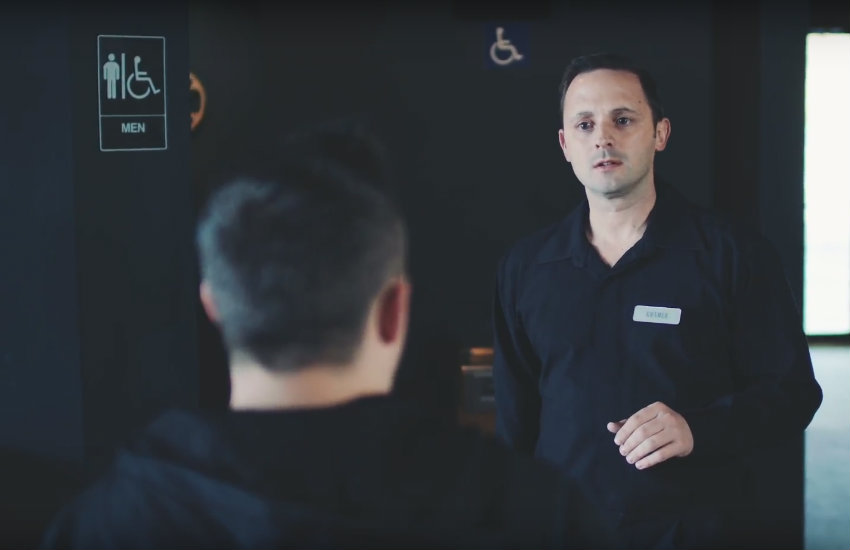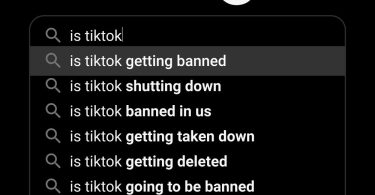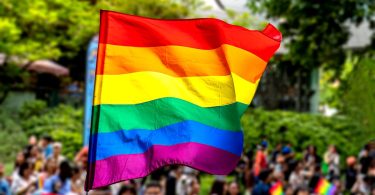This case is critical for determining future laws. | Photo: YouTube/Movement Advancement Program
Movement Advancement Project (MAP), a think tank in the US dedicated to speeding up equality for LGBT people, released a video and report showing the possible effects of the Supreme Court case Masterpiece Cakeshop v Colorado Civil Rights Commission.
Justices first heard oral arguments for the case in December.
The majority opinion could have a major ripple effect on LGBT discrimination, depending on which way it goes.
MAP’s video shows a transgender man being kicked out of a movie theater for using the men’s restroom.
[embedded content]
This harkens back to many of the bathroom bill battles in states like North Carolina and Texas.
What effects does public discrimination have?
They also released a report titled LGBT Policy Spotlight: Public Accommodations Nondiscrimination Laws.
As the organization explains, LGBT people having the ability ‘to be in public and participate fully in daily American life is a top priority for advancing LGBT equality in 2018’.
The report contains many revealing statistics, such as only 19 states and D.C. having nondiscrimination laws for LGBT people. ‘As a result,’ the report reads. ‘Just over half of lesbian, gay, bisexual, and transgender (LGBT) people in the United States live in a state where businesses could refuse to serve them because of who they are.’
Many within the community actively avoid certain public places because of the discrimination they may face.
26% of transgender people have avoid stores and restaurants, as well as 10% of LGB people and 20% of LGBT people with disabilites. This extends as well to public transportation and getting services they need (like doctors).
Certainly, society has come a long way as it stands.
In 1975, only one city or county had protections for gender identity and two had protections for sexual identity. Now, the number for sexual identity has reached 313 and gender identity has reached 280.
Still, there is further to go.
‘Action is needed on a number of levels,’ reads the report in its conclusion. ‘Federal, state, and local lawmakers must update the law to prohibit discrimination in public accommodations based on sex, sexual orientation, and gender identity and business owners should stand up for fairness and equality both in the workplace and for their customers, as it is good for their communities and their bottom lines.’







